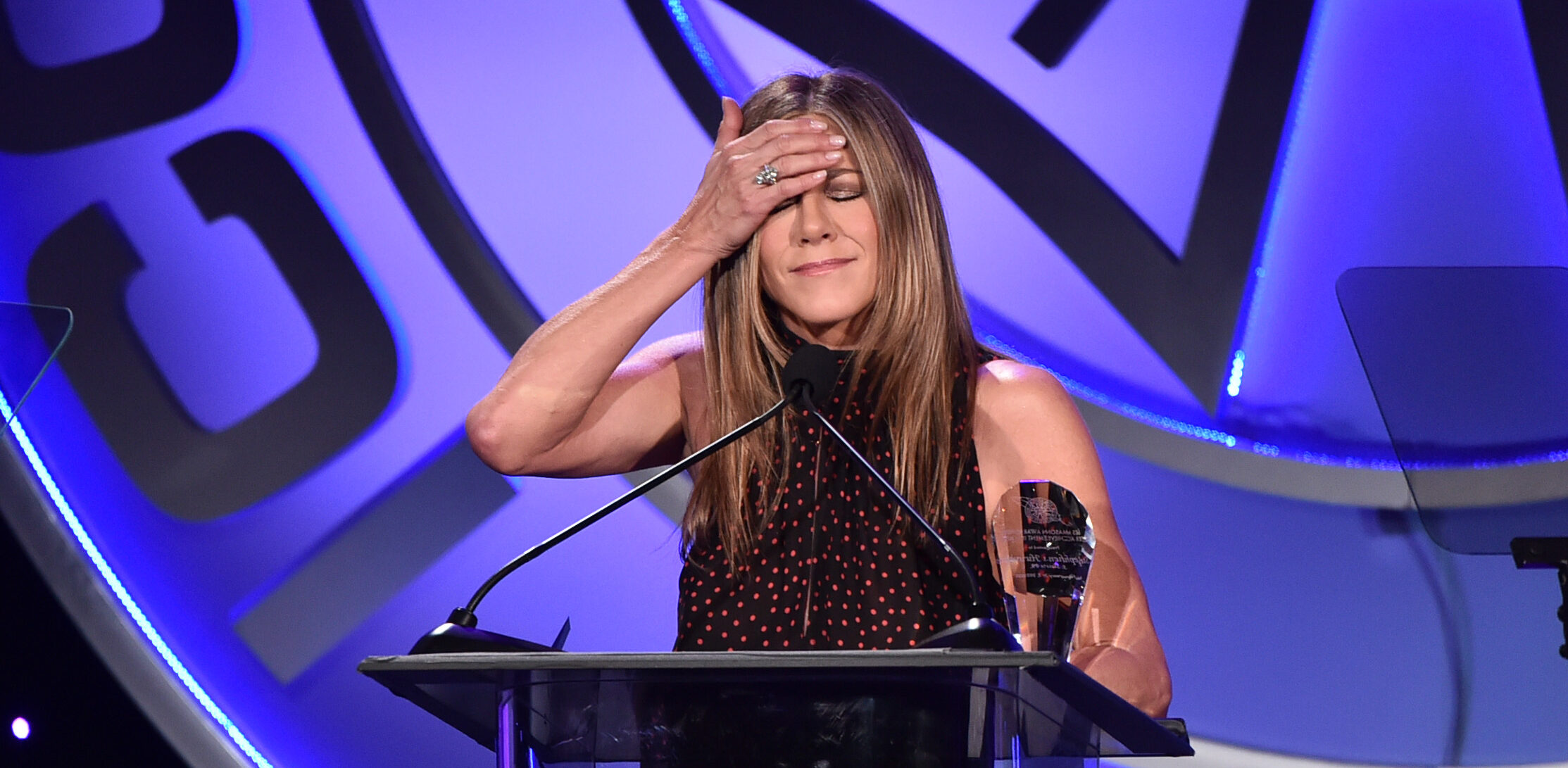From the high-octane world of auto racing to the hallowed halls of academia, the digital footprint of public figures remains under microscopic scrutiny. When top-division NASCAR driver Noah Gragson recently hit the “like” button on a meme involving George Floyd, he likely didn’t foresee the indefinite suspension that would follow. Similarly, Thomas Jefferson University’s President Mark Tykocinski finally resigned from his leadership position after facing severe repercussions, not for words of his own, but for a series of tweets about Covid-19 vaccines and gender reassignment surgery that he “liked” three months ago.
Hollywood big shots weren’t spared either; Jennifer Aniston came under fire after she liked an Instagram post by Jamie Foxx about the murder of Jesus by his “fake friends” that was perceived as antisemitic. Across these instances, the narrative is clear: in our interconnected digital age, even the seemingly innocuous act of liking a post can come with a hefty price tag, costing everything from clout to a career.
Social media has evolved into a public court where personal beliefs are tried against the collective conscience. Recall the storm already brewing in 2013: Justine Sacco’s ill-conceived tweet about Africa and AIDS set a precedent for how social missteps can lead to widespread outrage. Following in that trail, even seasoned politicians and renowned celebrities such as Ted Cruz and Samuel L. Jackson have seen their NSFW post “likes” spiral into controversies. Amid this decades-long whirlwind of reactions, it’s worth reflecting: are we genuinely offended? Or are we caught in a media-induced frenzy, hungry to express our outrage before understanding context?
Consider the curious case of Douglas Mackey, known online by his “poster handle” of Ricky Vaughn. As proven during the federal trial in which Mackey — whom I interviewed on a handful of prior occasions — was convicted earlier this year of “conspiracy against rights”, he and other Twitter users conspired to deceive Hillary Clinton supporters by spreading the false idea of voting via text. Yet, while the coordinated online deception was clearly wrong, it’s worth asking if his punishment matched the crime or if he was merely a scapegoat in a broader media spectacle.
More than that, it’s evident that not everyone fully grasps the intricacies and implications of social media. Those from the same generation as 54-year-old Aniston might not be as fluent in extremely online etiquette as younger counterparts, even if it is just liking a friend’s post. Ditto Foxx, who may lack the know-how to translate his offline thoughts and feelings into properly-constructed, safe-for-work posts (hence the need for publicity teams, but even they can mess up).
Having navigated the ever-shifting landscape of journalism for years, I’ve personally witnessed and sometimes even partaken in this cycle. Back in 2016, I found myself on an assignment for Vice, combing through Palmer Luckey’s tweets, searching for the slightest hint of an “alt-Right” association. The task, though easy enough to do, underscored an ugly reality for me: there is an insatiable appetite for a stage-managed scandal.
Media outlets become arenas where engagement-driven content is king — and this social media-mined outrage content is fast and easy to produce. Stories that stoke the flames of indignation invariably rise to the top, and readers, ever-hungry for the next juicy tidbit, eagerly lap up the scandal. Employers, already on edge in a climate of heightened sensitivity, then feel compelled to act. Not necessarily because they believe in the righteousness of the decision, but more out of fear of the potential backlash. Consequently, the punished individuals often find themselves in the crosshairs not for the perceived offence itself but for the looming shadow of controversy their ignominy might cast on the organisation.
In the US, where at-will employment allows for easy dismissal and most workers have few protections against termination, big or high-profile employers typically prioritise their reputation above all else. If the media and online communities didn’t generate such a stir, would employers feel the same pressure to take drastic action? It’s arguable that if someone like Thomas Jefferson University’s Tykocinski didn’t hold tenure, his fate might’ve been more akin to NASCAR driver Gragson’s — suspended indefinitely and perhaps forever marooned in career limbo.
While many argue employers should reconsider firing over social media actions, the true remedy lies in changing media coverage and the public’s reaction to these perceived controversies. Perhaps if these groups stopped responding to and amplifying such incidents, employers might hesitate to react with such severity. But tragically, for now, we remain trapped in a darkly negative feedback loop: the media sensationalises, the public reacts, employers respond.











Join the discussion
Join like minded readers that support our journalism by becoming a paid subscriber
To join the discussion in the comments, become a paid subscriber.
Join like minded readers that support our journalism, read unlimited articles and enjoy other subscriber-only benefits.
Subscribe